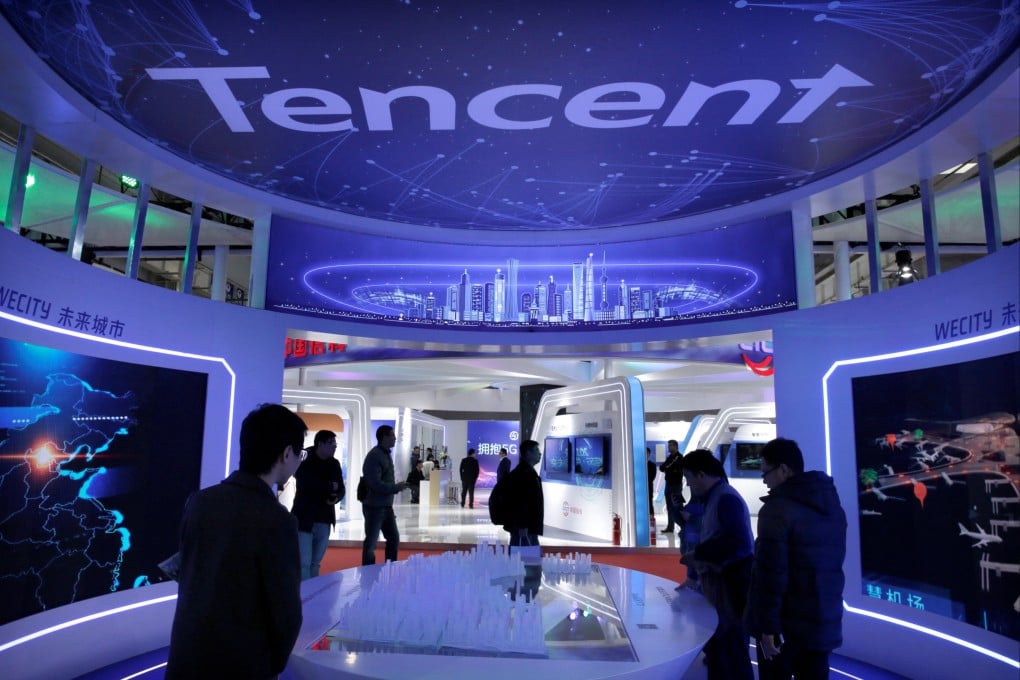Advertisement
Tencent promises to become carbon-neutral across its operations and supply chain by 2030
- It is Tencent’s responsibility as a global technology leader to help the world achieve carbon neutrality, Pony Ma says
- Tech giant to keep use of carbon offsets to a minimum and prioritise active emissions reduction measures
Reading Time:2 minutes
Why you can trust SCMP

Chinese technology giant Tencent Holdings aims to become carbon-neutral across its operations and its supply chain by no later than 2030, it said on Thursday.
The internet and technology company, which owns and operates Chinese super app WeChat, was committed to using green power for all electricity it consumes by the end of the decade.
“It is Tencent’s responsibility as a global technology leader to help the world achieve carbon neutrality, and it’s also an essential part of our vision to use ‘tech for good’,” Pony Ma, Tencent’s chairman and CEO, said in a statement. “Not only do we believe this is the right thing to do for society, but we are eager to play our part as the global community progresses towards a carbon-neutral and more sustainable future.”
Advertisement
The Shenzhen-headquartered company is the latest Chinese technology giant to make a commitment to supporting Beijing’s 2060 net-zero emissions goal. Several such firms have made similar pledges after Chinese President Xi Jinping announced in September 2020 that the country, the world’s largest carbon emitter, would peak national carbon emissions by 2030 and reach net-zero emissions by 2060.
Chinese e-commerce giant Alibaba Group Holding, which owns the South China Morning Post, announced in December its goal to become carbon-neutral in its operations by 2030. Internet giant Baidu announced its 2030 carbon neutrality goal last June.
Advertisement
Tencent said its total carbon dioxide emissions last year stood at 5.1 million tonnes, of which 0.4 per cent were from direct greenhouse gas emissions from sources owned or controlled by Tencent, 45.9 per cent were from emissions from power generation and the rest 53.7 per cent from indirect emissions generated from its supply chain.
Advertisement
Select Voice
Choose your listening speed
Get through articles 2x faster
1.25x
250 WPM
Slow
Average
Fast
1.25x
